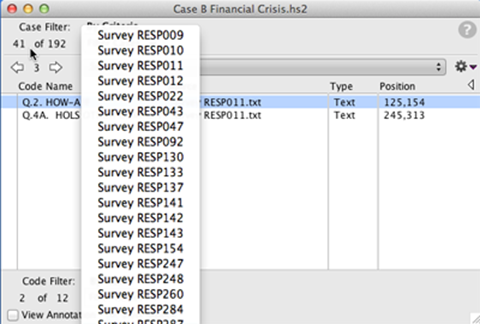
The purpose of this study was to identify key barriers and facilitators to infant safe sleep practices among male caregivers and to gather suggestions for messaging to influence male caregivers in implementing safe sleep practices. The role of social media in promoting peer approval of unsafe sleep behaviors has not been studied, although this is a major source of information for young mothers and may be an appropriate messaging outlet for male caregivers (Holtz et al. The sources from which parents receive safety and parenting advice are important, because they can be influential to caregiving behaviors, including infant sleep practices. The majority of these fathers (81%) overcame their initial fears and co-slept, citing perceived benefits of triadic co-sleeping (mother-father-baby) as a method of strengthening the paternal-child relationship (Ball et al. In a 1995 study from the United Kingdom, fathers were worried about practicing parent-child co-sleeping for fear of disruption of parental sleep and fear of “squashing” the infant. Some research highlights perspectives on parent-child co-sleeping. This suggests that male caregivers make critical decisions regarding sleep environment and positions for intermittent or short-term sleep of the infant. Further, research has found that while female caregivers are more likely to be responsible for nighttime sleep behaviors, male caregivers are more likely to contribute to care during “night time waking” (Moon et al. There is evidence, however, supporting different perceptions of sleep-related temperament between female and male caregivers (Keener et al. 2010), there is a lack of evidence in the literature regarding the knowledge, attitudes, beliefs and behaviors from paternal caregivers on infant sleep (Sadeh et al. Despite research that suggests that fathers’ involvement in caregiving responsibilities may lead to improved infant and maternal sleep 6 months postpartum (Moon et al. Interventions and promotional campaigns to increase compliance with recommendations from the American Academy of Pediatrics (AAP) to reduce sleep-related deaths in infants have focused primarily on maternal perspectives. Targeted messaging towards male caregivers that includes factual information and statistics along with representing males in a positive light is desired. Male caregivers demonstrate some knowledge base about infant sleep safety, but are not fully practicing all aspects of safe sleep. Potential distribution venues included sporting events, home improvement and/or automotive stores, and social media from trusted sites (e.g. Suggestions included portraying positive images of fathers and male caregivers acting to promote safety and the incorporation of statistics about the hazards of unsafe sleep to better engage fathers. Participants voiced concerns that current advertising portrays males as incompetent caregivers. Lack of perceived risk, comfort, and/or resources, and disagreement among family members about safety practices were identified as barriers. Caregivers acknowledged the importance of recommended safe sleep behavior, but admitted to unsafe practices, such as co-sleeping and unsafe daytime sleep.

Participants were more likely to describe safe location (57% of participants) and supine position behaviors (42%) than an uncluttered bed environment (26%). Inconsistent adherence to safe sleep practices was reported. Ten focus groups were conducted with 46 participants. The transcribed data were coded to identify significant themes. Transcript-based analysis was used, and data were managed using HyperRESEARCH (version 2.8.3). The Health Belief Model of behavior change framed a moderator guide. Methodsįocus groups were conducted in Arkansas with male caregivers of infants ages 2–12 months to discuss infant sleep routines, parental roles, sources for safe sleep information, and messaging suggestions for safe sleep promotion.


This study aimed to explore the determinants of safe sleep practices among male caregivers. Paternal caregiver’s attitudes toward infant safe sleep messages are largely unaddressed, despite established differences between female and male caregiver perceptions. Sudden Unexpected Infant Death (SUID) results in 3400 sleep-related deaths yearly in the United States, yet caregivers’ compliance with safe sleep recommendations remains less than optimal.


 0 kommentar(er)
0 kommentar(er)
